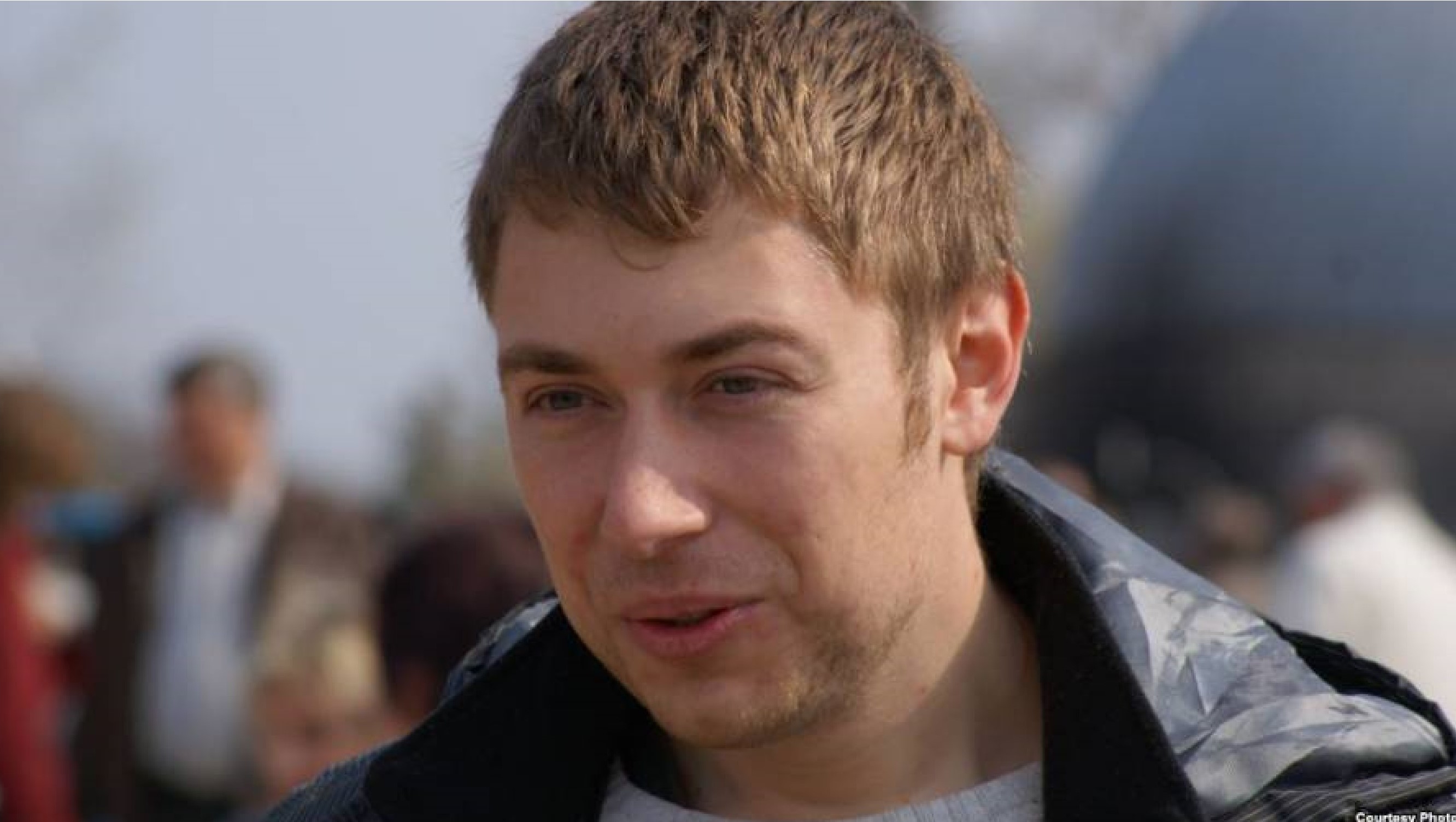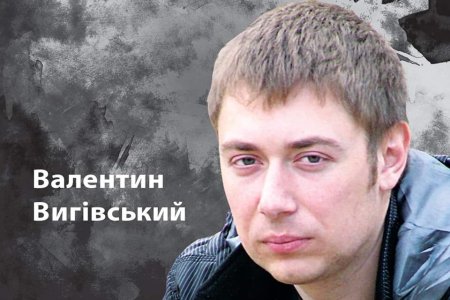
Valentyn Vyhivsky turned 40 on 3 August, almost exactly nine years after he was abducted by the Russian FSB and illegally taken to Russia. One of the first victims of the current Russian regime’s brutal persecution of Ukrainians is imprisoned in the same Kirov oblast of Russia where his grandfather, a World War II veteran, was sent under Soviet dictator Joseph Stalin. Valentyn has already spent longer in Russian captivity than his grandfather who was freed after Stalin died. If Russia has its way, it will be two more years before Valentyn sees his family, including his son who was just five years old when his father disappeared. He has spent most of the time, either in total isolation and tortured, or in near full solitary confinement, with severe restrictions, even before Russia’s full-scale invasion, on visits and contact with his family. It seems likely that such isolation is not merely gratuitous brutality but aimed at concealing the lack of any grounds for the mystery ‘spying’ charges, and the torture that Vyhivsky was subjected to during the eight months when he was held incommunicado.
Abduction and Russian ‘methods of persuasion’
Vyhivsky had only just turned 31 in September 2014 when he was seized at the railway station in Russian-occupied Simferopol. He had almost certainly been tricked into going there by a fellow aviation enthusiast with whom he conversed on the Internet. She had turned to him, saying she desperately needed money for a relative’s cancer operation, and asked him to meet her in Crimea as her job in the Russian aviation industry meant that she could not travel to Kyiv.
The FSB were waiting for him. He was taken to Moscow and held, without any contact with his family or independent lawyers for eight months. It was learned much later that the “methods of persuasion”, as he put them, included mock executions in a forest, savage beatings and other forms of torture. All of this was, of course, to force him into ‘confessing’ to the charges.
The indictment
It is telling that Vyhivsky was initially charged under Article 183 of Russia’s criminal code with illegally receiving and divulging commercial, tax or banking secrets. This was later changed to the much more serious, and mysterious, charge of trying to gather Russian state secrets to pass on to the Ukrainian Security Service [SBU].
Secret ‘trial’
After holding Vyhivsky in isolation, and preventing him from consulting an independent lawyer, Russia then staged a ‘trial’ behind closed doors. This took place at the Moscow Regional Court, with Vyhivsky ‘represented’ only by a state-appointed lawyer. He was sentenced on 15 December 2015 to 11 years’ harsh-regime prison colony on supposedly ‘top secret’ spying charges. ‘
He did have an independent lawyer (Ilya Novikov) for the appeal hearing, however the latter is subject to a non-divulgence agreement under pain of criminal prosecution. Even in cases where the political ‘trials’ of Ukrainians are more or less open, appeals either increase sentences or only slightly reduce the term of imprisonment. In the case of unidentified and unverifiable ‘spying’ charges, the sentences are invariably upheld. Here, the 11-year sentence was upheld by the Russian Supreme Court on 31 March 2016.
Unrelenting solitude
The Russians have held Valentyn in almost total solitary confinement, with this likely to have escalated since the beginning of Russia’s full-scale invasion.
Please write to him! It is important that he knows and Moscow also understands, that he is not forgotten.
The letters need to be in Russian and on ‘safe’ subjects. If you know Russian and can send any scientific material (that must not, of course, be related to military subjects), please do.
If Russian is a problem, the following would be fine, maybe with a photo or card
Добрый день,
Желаю Вам здоровья, мужества и терпения, надеюсь на скорое освобождение.
Мы о Вас помним.
[Hello, I wish you good health, courage and patience and hope that you will soon be released. You are not forgotten.
Address
Russia 613040, Utrobino, Kirov oblast, Prison colony No. 11,
Vygovsky, Valentyn Petrovych, born. 1983



